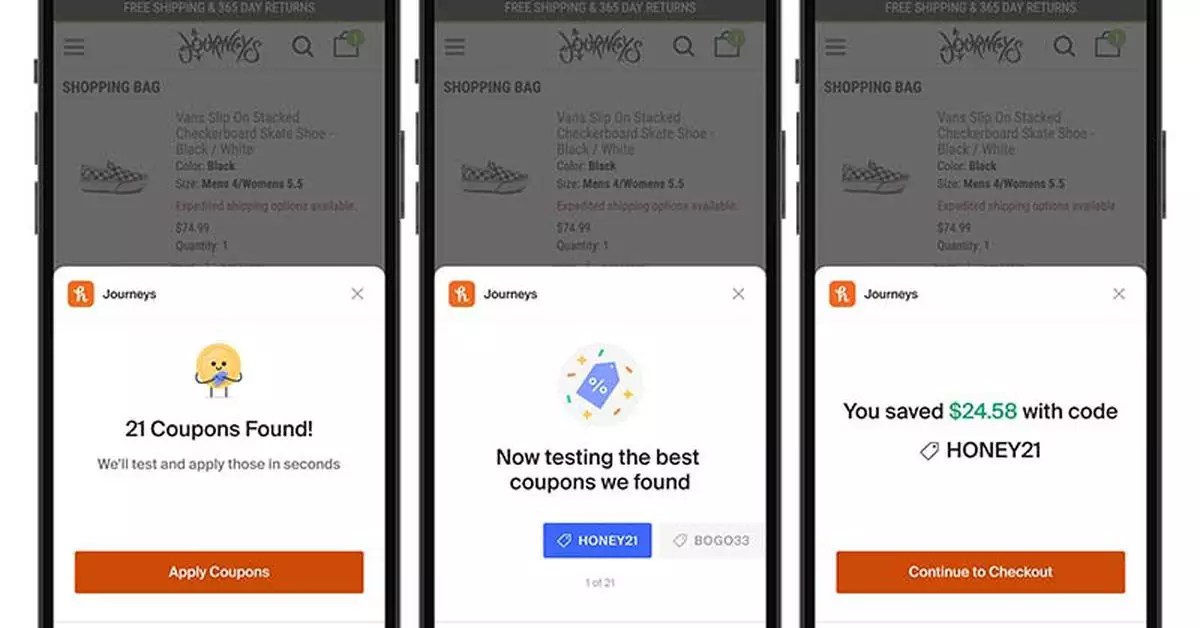In a digital age where online shopping has become the norm, browser extensions like PayPal Honey promise to enhance our shopping experience by saving us money. However, recent allegations put forth by YouTuber MegaLag challenge the credibility of Honey as a trustworthy savings tool. By examining the claims, responses, and implications of this controversy, we can gain a deeper understanding of the role such tools play in influencing online shopping behavior.
At its core, PayPal Honey is designed to help users discover coupon codes during the online checkout process. According to its marketing, Honey claims to scour the internet for valid promotional codes, ensuring that users find the best deals available. The convenience of this browser extension has led to its widespread acceptance and inclusion in various online shopping recommendation lists. However, the gap between its promises and user experiences raises important questions about its efficacy.
MegaLag’s criticism highlights a pattern where Honey often fails to deliver on its primary function—locating applicable discount codes. In numerous instances, users find that the coupons suggested by Honey are not the best options available. Instead, they often refer to Honey-branded deals, which may not provide the maximum savings possible. This raises doubts about the integrity of a service that is built upon the promise of enhanced savings, especially in an environment where bargain-hunting is fundamental to consumer satisfaction.
One of the most alarming allegations made by MegaLag pertains to Honey’s alleged practice of hijacking affiliate revenue from influencers. The claim suggests that when a consumer clicks on an affiliate link from a content creator and later interacts with Honey’s pop-up offer, the system replaces the original affiliate link with its own. This means that Honey reaps the rewards of any resulting purchase, effectively taking earnings that would have gone to the original influencer. This practice could damage the symbiotic relationship between content creators and their audiences, as influencers rely heavily on affiliate marketing for income.
PayPal’s response to these allegations, represented by Vice President Josh Criscoe, centers on assertions that Honey operates within industry standards, such as “last-click attribution.” This explanation, however, does little to alleviate concerns surrounding transparency and ethical practices in affiliate marketing. Influencers, who often promote Honey for its purported savings benefits, may be unknowingly directing their audience towards a platform that undermines their own revenue streams.
This incident with PayPal Honey underscores a larger discussion regarding the ethical implications of consumer aid tools and their interconnectedness with affiliate marketing. As consumers become more reliant on technology to navigate potential savings, the question arises: to what extent can these tools be considered beneficial versus exploitative? The tension between saving money and being subject to opaque monetization practices raises doubts about the value of such services to the consumer.
Moreover, the fallout from this controversy demonstrates the potential for reputational damage. Influencers who previously endorsed Honey may face backlash from their audiences if they are seen as part of a system that takes advantage of consumers. This could lead to a significant reevaluation of partnerships between content creators and similar savings-related platforms.
In the quest for discounts, browsers extensions like PayPal Honey have carved a niche in online consumerism. However, as allegations of manipulation and dishonesty surface, it is imperative for consumers to reassess the tools they utilize for savings. Trust is a cornerstone of effective endorsements, and tools that fracture this trust ultimately lose their value.
The unfolding narrative surrounding PayPal Honey serves as a cautionary tale about the complexities of online shopping tools, the consequences of affiliate practices, and the significant need for transparency in the modern marketplace. As consumers, maintaining vigilance and demanding ethical practices from both retail platforms and influencers is essential to ensuring a fair and beneficial shopping experience.


Leave a Reply